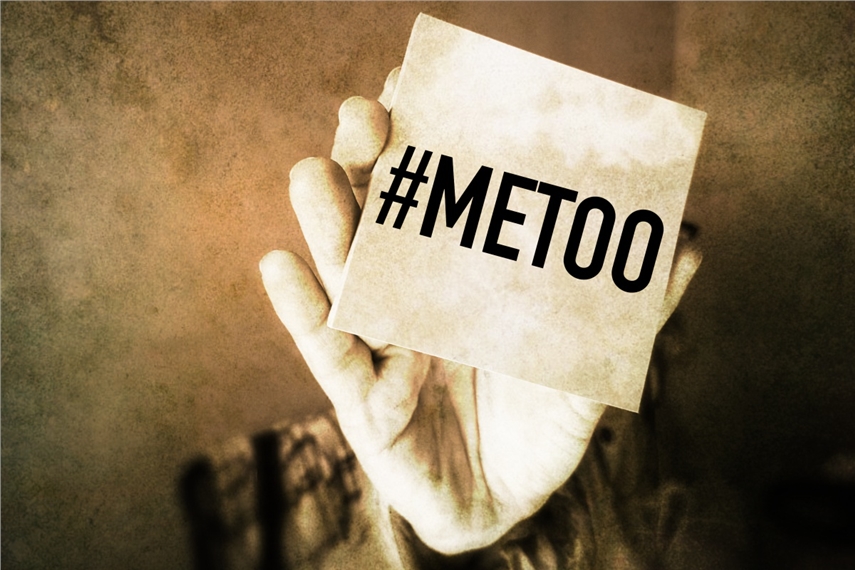We want to be their voice: How 'The Collective' is responding to #MeToo in India
A member of 'The Collective', a group of women from India's ad industry which spoke out in the wake of a series of #MeToo accusations last year, explains the group's goals and activities.
by Tista Sen

To continue enjoying this content, please sign in below. You can register for free for limited further access or subscribe now for full access to all out content.
Sign In
Trouble signing in?
Register for free
✓ Access limited free articles each month
✓ Email bulletins – top industry news and insights delivered straight to your inbox
Subscribe
✓ All the latest local and global industry news
✓ The most inspirational and innovative campaigns
✓ Interviews and opinion from leading industry figures
